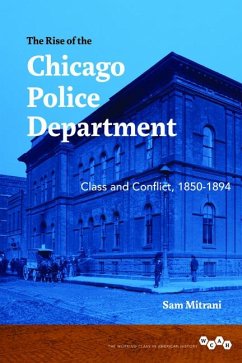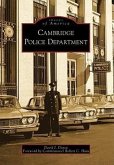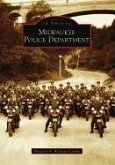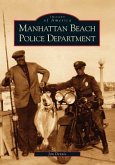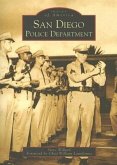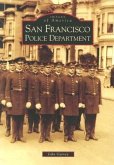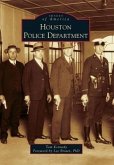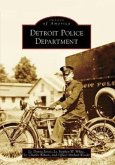"The police simply did not exist in early American life. Between 1840s and the end of 1880s, every major northern city built a substantial police force. Sam Mitrani examines the making of the police in Chicago, which rapidly grew into the most violent, turbulent city in America by the late 1800s. From the Lager Beer riot of 1855, through the Civil War, 1867's strikes for the eight-hour day, the 1871 fire, 1877 strike and riot, the May Day strikes and the May Day strikes and the Haymarket bombing, Chicago was roiling with political and economic conflict, much of it rooted in class tensions. Chicago's lawmakers overcame many obstacles to build a force that could impose order. Forming an adequately paid, professional department turned out rather expensive. The police's advocates responded by forging a concept of order into a central political ideology. This concept reinforced the police's legitimacy among the urban populace, defining the role of policemen in municipal affairs. First the police protected property and suppressed disturbances on the street. They also arrested thousands for drunk and disorderly behavior throughout the second half of the nineteenth century, and attempted to control the behavior of women in brothels. By the 1880s, this ideology of order shaped both the police's behavior and a large portion of municipal politics. Mitrani recasts late-nineteenth-century Chicago in terms of the struggle over order, emphasizing the role of public institutions in the development of capitalism. Businessmen shaped these state institutions to protect their economic interests, yet Chicago's police could not control daily life in the working class' neighborhoods. Thus, ordinary Chicagoans managed to limit the force of the municipal police"--
Bitte wählen Sie Ihr Anliegen aus.
Rechnungen
Retourenschein anfordern
Bestellstatus
Storno

